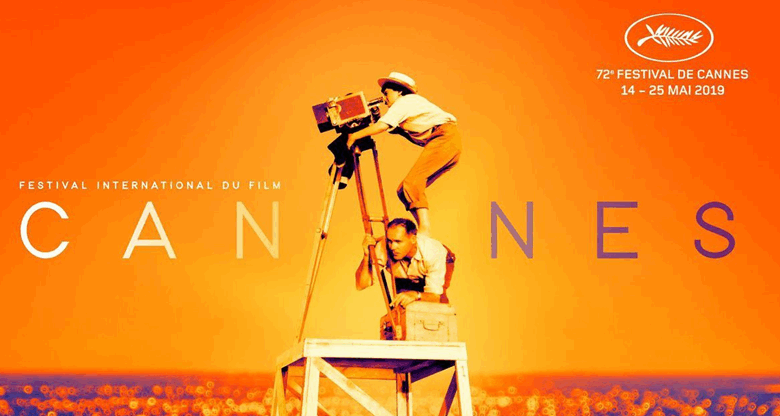A brief history of film festivals
News Mania Desk / Piyal Chatterjee / 23th May 2025

Film festival, assembly, typically yearly, aimed at assessing new or exceptional films. Funded by national or local governments, businesses, service entities, experimental film collectives, or private promoters, the festivals offer a chance for filmmakers, distributors, critics, and others interested to view film screenings and gather to talk about contemporary artistic trends in film. At the festivals, distributors have the opportunity to buy films they believe can be effectively marketed in their home countries.
The inaugural festival took place in Venice in 1932. Since World War II, film festivals have played a crucial role in advancing the motion-picture industry across numerous countries. The acclaim for Italian cinema at the Cannes and Venice film festivals significantly contributed to the revival of the Italian film industry and the dissemination of the postwar Neorealist movement. In 1951, Kurosawa Akira’s Rashomon received the Golden Lion at Venice, spotlighting Japanese cinema. The inaugural American Art Film Festival in Woodstock, New York, that year encouraged the art-film movement in the United States.
Film festivals possess a vibrant and intriguing history that dates back to the early 20th century. The Venice Film Festival, which began in 1932, is frequently regarded as the first film festival in the world. It arose at a period of growing fascination with film as an artistic medium and a method of cultural representation. The festival featured a variety of international films and swiftly emerged as a venue for filmmakers to present their creations to a worldwide audience. The accomplishment of the Venice Film Festival led to the establishment of other notable events, including the Cannes Film Festival in 1946 and the Berlin International Film Festival in 1951, reinforcing the idea of film festivals as important cultural gatherings.
Throughout the years, film festivals have developed to fulfill multiple functions beyond mere display. They transformed into essential centers for industry experts to connect, finalize agreements, and identify new talent. Founded in 1978, the Sundance Film Festival has been instrumental in advancing independent film and nurturing a community of filmmakers beyond the conventional industry. As the film industry expanded and varied, so too did the variety and breadth of film festivals, featuring specialized events focused on genres, themes, and even digital experiences in today’s world.
Colorado possesses a distinctive chapter in the history of film festivals. The Telluride Film Festival, founded in 1974, highlights the state’s impact on the film industry. The festival became renowned for its stunning setting in the San Juan mountains and presenting a varied array of films, ranging from indie treasures to global classics, reflecting the essence of historic film festivals such as Venice. Alongside Telluride, Colorado features numerous other film festivals that showcase the state’s lively film scene. The Denver Film Festival, which started in 1978, has emerged as a significant event, attracting filmmakers and viewers from around the area. These festivals not only honor the craft of filmmaking but also enrich the wider story of cinematic history by promoting independent voices and varied viewpoints. With the ongoing evolution of the cinematic landscape, film festivals in Colorado significantly contribute to shaping the future of the industry while celebrating its rich legacy. At the Ouray International Film Festival, we are thrilled to uphold this tradition of honoring independent cinema while providing our distinct addition to the festival scene.






